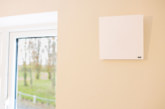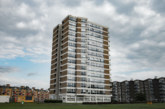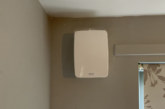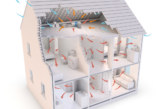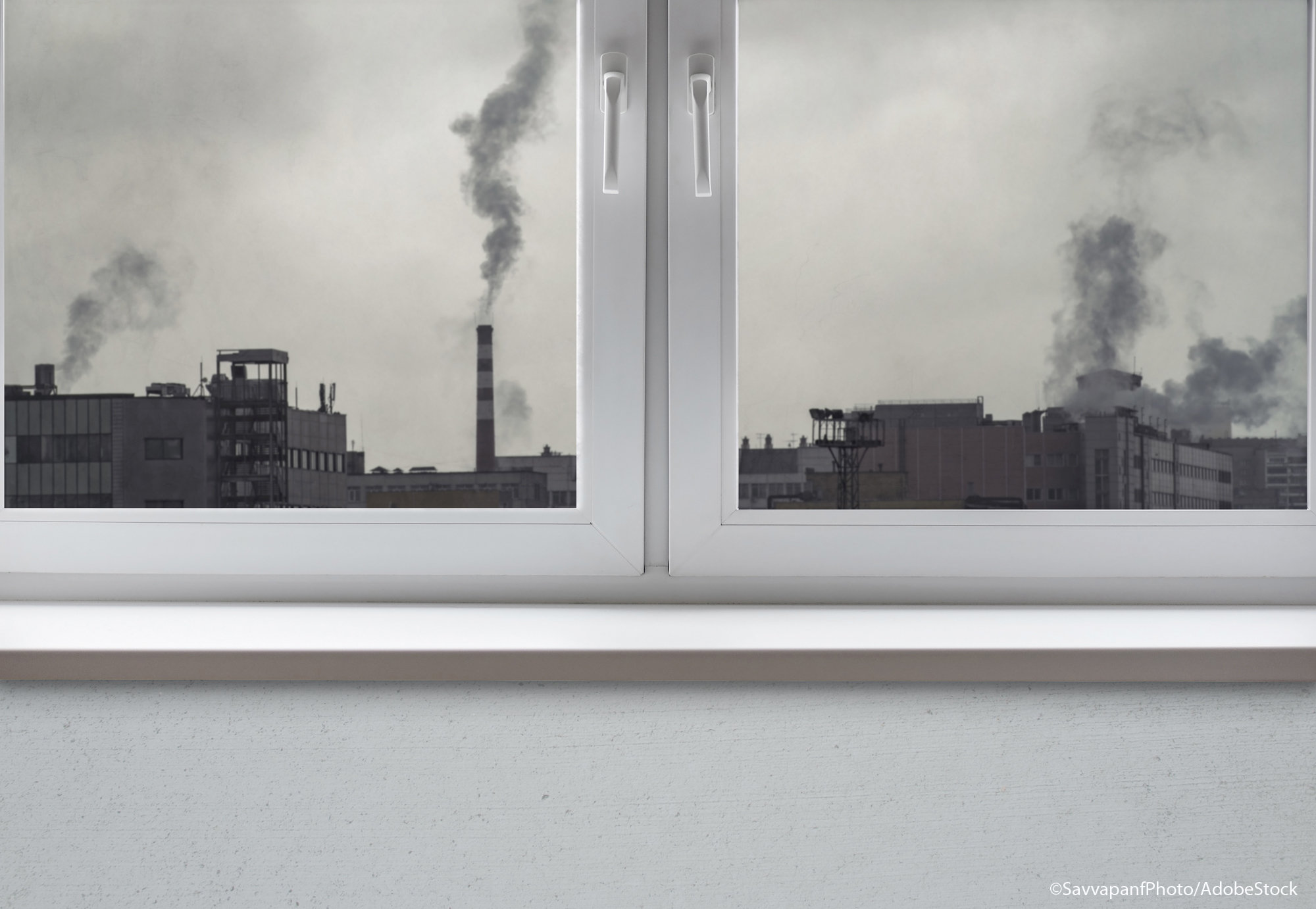
With recent research by the World Health Organisation indicating that nine out of 10 people across the globe are breathing polluted air, the need for effective ventilation is all the more vital. Chris Jones, Product Manager at FläktGroup, explains what facilities managers should be investing in to reduce the harmful effects of unclean air.
 Whether learning at school or working in an office building, we as a population spend a large portion of our day indoors — as a result, facilities managers need to make sure the climate is a comfortable and productive one.
Whether learning at school or working in an office building, we as a population spend a large portion of our day indoors — as a result, facilities managers need to make sure the climate is a comfortable and productive one.
Not only does air pollution create an unhealthy outdoor environment; it can also pose challenges when it comes to providing a healthy indoor environment. Pollution discourages occupants from opening windows for ventilation, yet ventilation is needed to avoid overheating in the warmer months, and to ensure that indoor CO2 levels stay within appropriate levels.
Mechanical ventilation plays a key role in delivering optimum indoor air quality (IAQ) in buildings that are exposed to high levels of noise and air pollution. This is especially prudent given a university medical study has recently provided further evidence that exposure to air pollution in early life has detrimental long-term health consequences.
When occupants may be discouraged from opening windows to avoid pollutants, a mechanical ventilation unit with speed controllable fans can match ventilation rates according to the amount of people in the room to optimise energy consumption. Used in conjunction with a heat recovery device, an AHU such as FläktGroup eCO Premium can recover between 80-90% of heat from the extracted air, which can be used to warm fresh incoming air. To avoid overheating in warmer weather, thermal bypass facility can control and vary the amount of heat recovered.
With the impending release of the Government’s new Air Pollution Plan, as well as the revised Building Bulletin 101 (BB101), now is the time to take action and invest. In inner-city buildings where air and noise pollution often go hand-in-hand, not only can improved indoor air quality give occupants a healthier lifestyle, but a more productive environment too.


